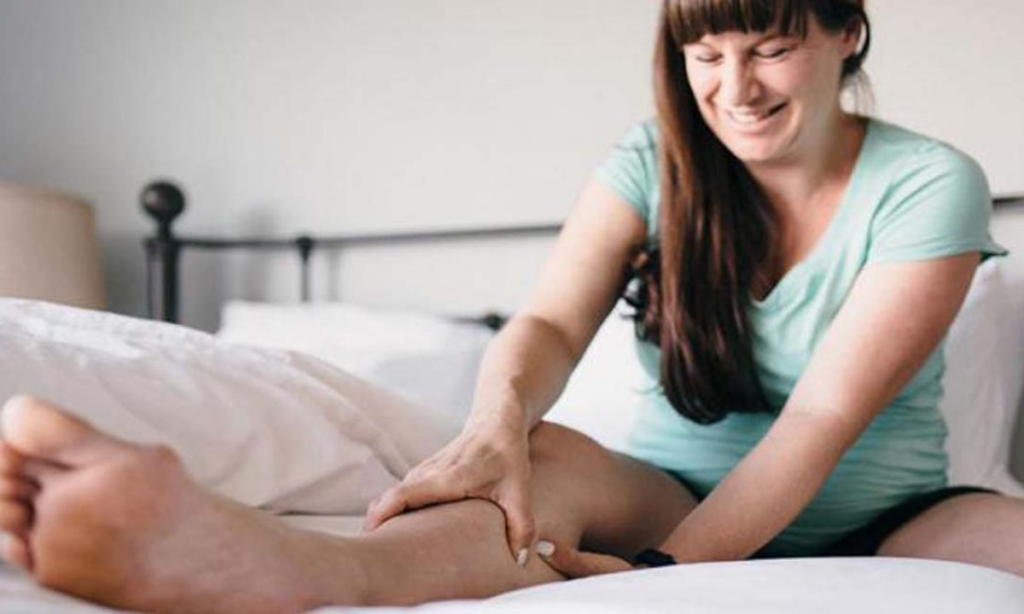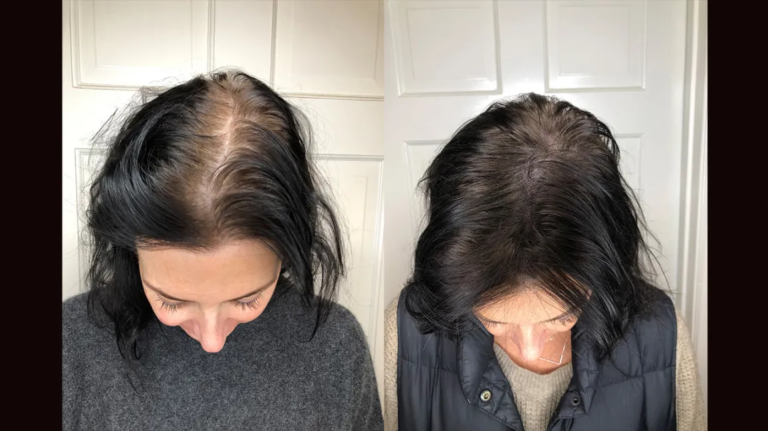
Have you ever been woken up in the middle of the night by a sharp pain in your legs? Leg muscle cramps at night can disrupt sleep and cause discomfort for hours. Understanding the causes and exploring effective treatments can help ease this problem. Let’s explore what works best.
What Are Night Leg Muscle Cramps?
Night-time leg cramps are sudden, involuntary muscle contractions that occur in the legs, typically during sleep. These cramps can last from a few seconds to several minutes and often leave muscles sore afterwards. They commonly affect the calves but can also occur in the feet or thighs.
While the exact cause is not always clear, dehydration, overuse of muscles, and poor circulation are common triggers. Other factors, such as prolonged sitting or standing, may also contribute. People of all ages can experience these cramps, but they are more common as people age. Recognising the nature of these cramps is the first step toward finding relief. Understanding their cause helps in selecting appropriate treatments.
Over-the-Counter Medications
Over-the-counter medications can provide quick relief from leg muscle cramps. Some of these include pain relievers that reduce soreness after a cramping episode. Magnesium supplements, available without a prescription, are often recommended for their muscle-relaxing properties. In some cases, mild muscle relaxants may also be helpful. However, it’s always best to follow dosage instructions carefully.
Potassium supplements may also be beneficial for those with deficiencies contributing to cramps. Additionally, topical creams with menthol or capsaicin can provide localised relief. These medications can offer short-term relief but should not replace long-term prevention strategies. Always consult a pharmacist or healthcare provider if uncertain about combining medications or supplements.
Stretching and Physical Exercises
Stretching is one of the most effective ways to manage and prevent leg pain. Regular exercises can improve muscle flexibility and reduce the likelihood of spasms during the night.
Some beneficial stretches include:
- Calf stretches: Lean forward against a wall, keeping one leg extended behind you.
- Toe stretches: Gently pull your toes back toward you.
- Hamstring stretches: Sit on the floor and reach forward toward your toes.
- Ankle rotations: Rotate your ankles in circular motions to improve circulation.
Incorporating these stretches into a daily routine can significantly reduce cramp episodes. Stretching before bed is especially helpful for relaxation and muscle conditioning.
Prescription Medications
In some cases, a doctor may recommend prescription medications for severe or recurring calve pain at night. These treatments are typically used when lifestyle changes and over-the-counter options aren’t enough.
Antispasmodic drugs or muscle relaxants may also be prescribed to ease persistent cramps. Discussing options with a healthcare professional ensures the right medication is chosen for individual needs. Prescription treatments should be used under medical supervision to minimise risks.
Hydration and Dietary Adjustments
Proper hydration and nutrition play a crucial role in preventing leg cramps in night time. Dehydration is a common trigger for muscle pain, making it essential to maintain fluid levels throughout the day. Electrolytes such as potassium, magnesium, and calcium are vital for healthy muscle function.
Foods rich in these nutrients include bananas, leafy greens, dairy products, and nuts. Limiting caffeine and alcohol intake can also help, as both substances may contribute to dehydration. Staying hydrated and consuming a balanced diet supports overall muscle health and reduces cramp frequency.
Home Remedies and Natural Treatments
Home remedies can provide relief and support for managing leg cramps. Many natural treatments focus on improving circulation and relaxing muscles. For example, applying a warm compress or heating pad to the affected area can soothe tight muscles. A warm bath with Epsom salts, which are rich in magnesium, is another popular remedy. Massaging the cramping muscle gently helps improve blood flow and alleviate discomfort. Aromatherapy, using essential oils like lavender or peppermint, may also help with relaxation.
Incorporating these remedies into a routine offers additional support alongside other treatments. When using medications as part of the treatment, always choose options from reputable brands to ensure safety and effectiveness. High-quality products are more reliable and can complement home remedies for better results.
When to See a Doctor
While they are usually harmless, recurring or severe cases may require medical attention. A doctor can assess whether underlying conditions such as nerve issues, circulation problems, or mineral deficiencies are contributing.
If cramps persist despite lifestyle changes and medications, it’s essential to seek professional advice. Diagnostic tests may help identify the cause and guide treatment. Early detection can reduce problems and enhance overall quality of life. Timely medical support ensures that effective solutions are implemented for lasting relief.
Night-time leg cramps can disrupt sleep and affect daily life, but effective treatments are available. Over-the-counter options, lifestyle changes, and proper hydration are key to managing and preventing cramps. Choosing the right approach, such as targeted medications or stretches, can make a significant difference. A combination of these strategies, along with the occasional use of home remedies, offers comprehensive relief. With the right care, managing overnight leg spasms becomes much easier and more effective.






